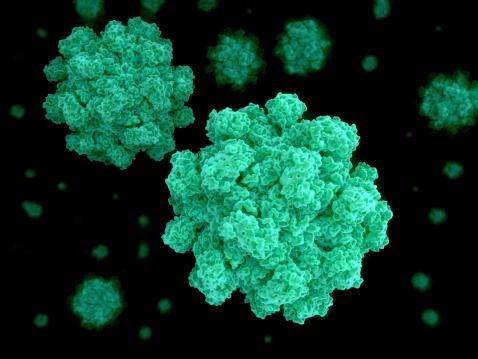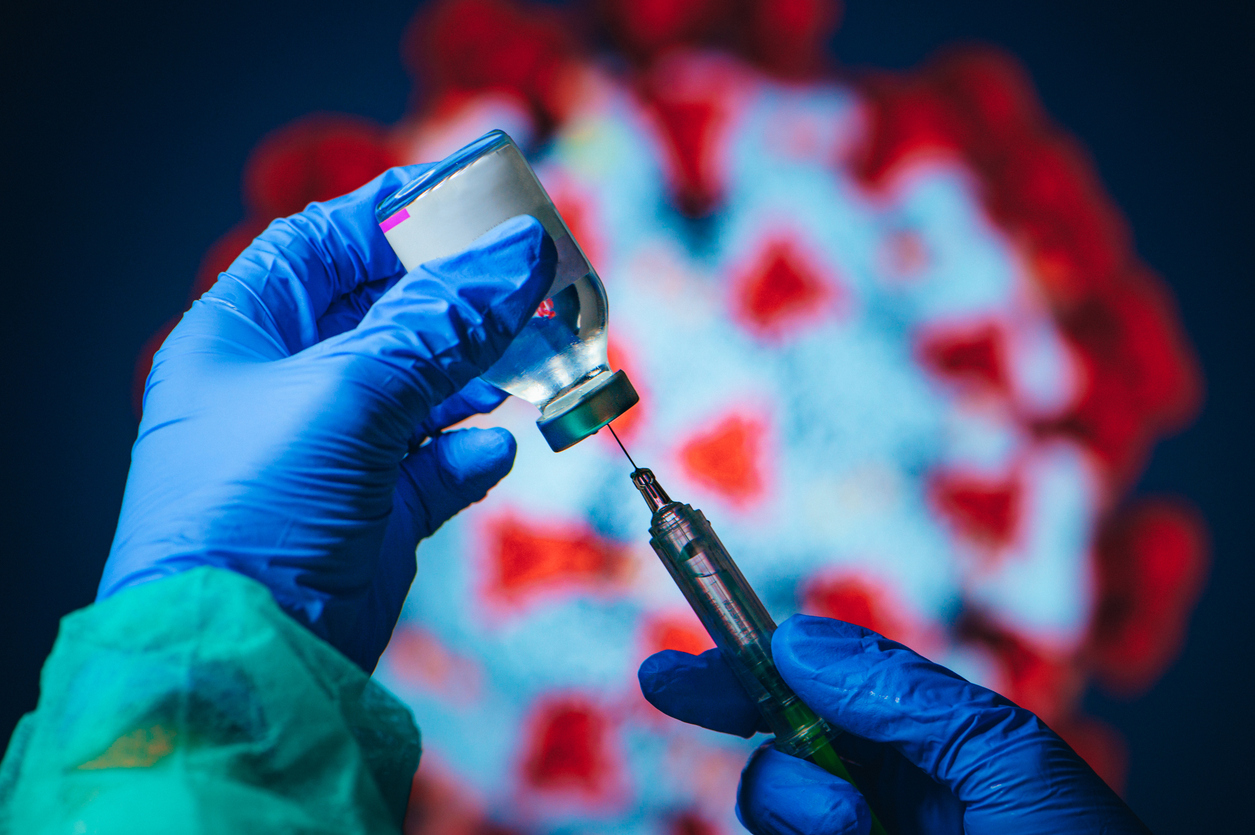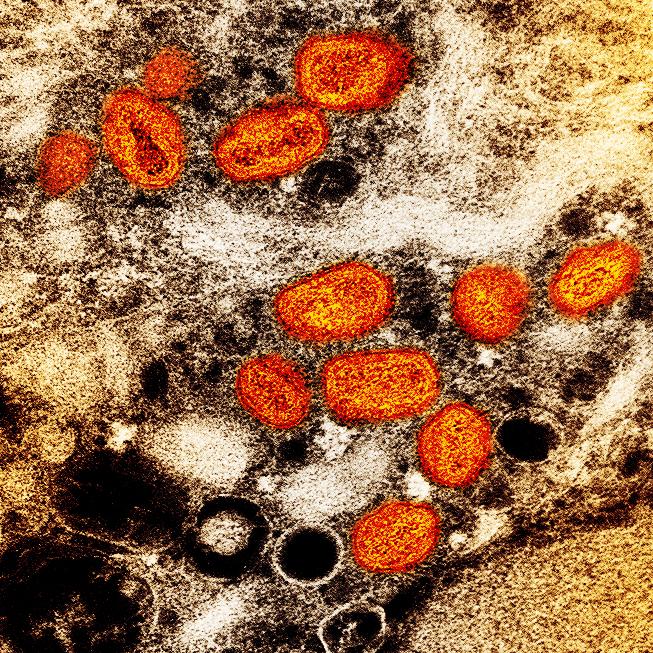
An oral tablet norovirus vaccine generated mucosal immunity and reduced viral shedding in participants in a new phase 2 placebo-controlled challenge study. The results were published recently in Science Translational Medicine.
Despite being the leading cause of acute gastroenteritis (AGE) worldwide, there are currently no vaccines for norovirus (NV). In the past, phase 3 field trials have produced a lack of robust immunological correlates of protection, the authors of the study said, which is likely a problem of producing systemic, rather than targeted intestinal immunity, from the virus.
The oral tablet vaccine (VXA-G1.1-NN), built on a non-replicated adenovirus platform by Vaxart Inc, has proved to be safe and well-tolerated in previous trials. The tablet delivers NV capsid protein (VP1) to the small intestine. The current phase 2b trial included 165 individuals (18 to 49 years of age) who were randomly assigned 1:1 to receive VXA-G1.1-NN (86) or placebo (79).
30% relative reduction in norovirus
In the challenge phase of the trial, participants received an oral challenge inoculum of NV 28 days after vaccination. Among VXA-G1.1-NN recipients, 57.1% developed NV infection, compared with 81.5% in the placebo group, with a 23.6% difference (95% confidence interval (CI), 7.4% to 38.0%). Overall, there was a 30% relative reduction in AGE in those who had been given the oral vaccine.
Evidence of immunogenicity was observed in trial participants by day 28 post-vaccination. Also, stool and emesis samples showed significantly reduced viral RNA loads in the vaccinated group.
"Vaccination reduced fecal viral shedding for up to 1 week postchallenge and inhibited asymptomatic shedding (25% shedding in placebo and 13% in VXA-G1.1-NN)," the authors wrote. "Given that fecal shedding can persist for up to 60 days after infection and that the magnitude and duration of shedding are comparable between asymptomatic and symptomatic cases (41), VXA-G1.1-NN may broadly reduce environmental viral spread."












